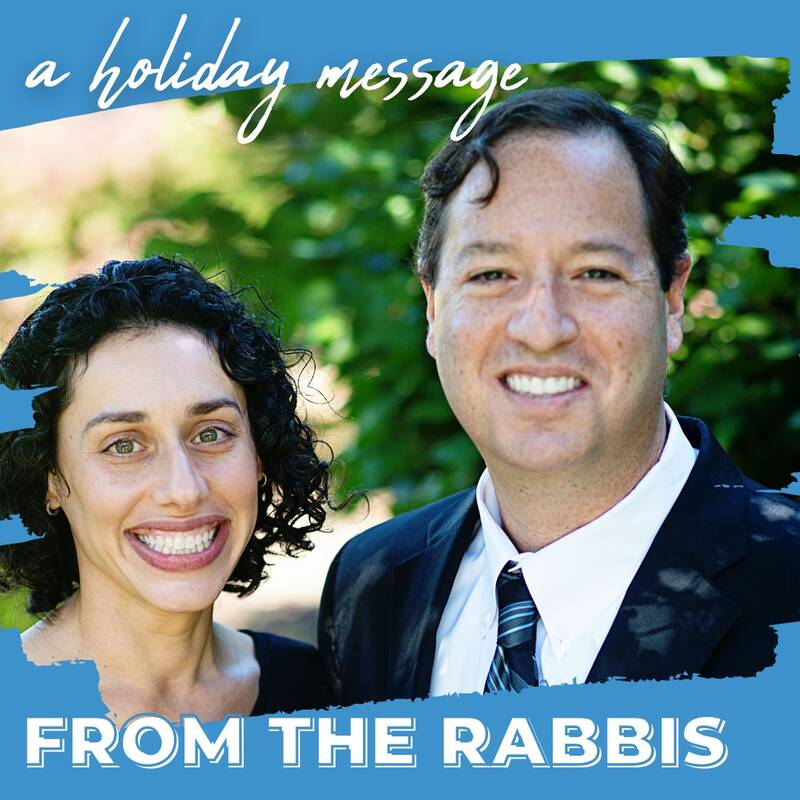PASSOVER: WHEN DOES IS BEGIN AND END, WHAT CAN I EAT & WHO MAKES THE RULES?
03/27/2023 02:05:52 PM
 Passover is just around the corner, which means for many of us, we find ourselves preparing to ask the 4 Questions: when does it begin, when does it end, what can I eat, and who makes the rules? Okay, maybe those are not the traditional 4 questions, but they’re the ones that many of us find ourselves asking the most, so here goes:
Passover is just around the corner, which means for many of us, we find ourselves preparing to ask the 4 Questions: when does it begin, when does it end, what can I eat, and who makes the rules? Okay, maybe those are not the traditional 4 questions, but they’re the ones that many of us find ourselves asking the most, so here goes:
When does Passover begin and end?
The Torah tells us that Passover begins on the 15th on Nisan, which this year is the evening of Wednesday, April 5. Like all Jewish holidays, it begins in the evening because when God created the world, God said, “There was evening, there was morning, a first day.” The Torah also says that this festival lasts 7 days. So why do some people celebrate 8 days? Because back in the times of the ancient Temple in Jerusalem, there was no standard calendar. The start of the month was determined by witnesses who would go out and look at the new crescent moon, and then go tell the rabbinical court in Jerusalem, who would then have to get the word out to everyone else. This was not a very reliable system for a slew of reasons, so to play it safe, communities started adding an extra day to the holiday just in case they got the date wrong. This custom has stuck in certain sects of Judaism and in certain locations, whereas others, particularly Reform Jews and Jews who live in Israel, keep the original Torah law of 7 days.
What can I eat?
During Passover we eat matzah, unleavened bread, and avoid eating chametz. Chametz is food, specifically wheat, barley, rye, oats and spelt, that has leavened or “puffed up.” Matzah can be made from wheat, but the wheat has not been allowed to rise, a process that takes 18 minutes, so matzah is always prepared and baked in less than 18 minutes (how cool that it’s lucky 18!). Many Ashkenazi Jews also avoid kitniyot, small things, which include legumes, beans, peas, rice, millet, corn and seeds. That’s because there were concerns that kitniyot could accidentally get mixed in with chametz if they were stored together, or that someone might look at the way that those foods can be puffed up (think popcorn and puffed rice) and then get confused about what they could eat. However, Sephardic Jews never had this custom, and perhaps more interesting, in the past few years both Reform and Conservative rabbinical committees have said that these prohibitions are actually in contradiction to the laws in the Talmud. Still, out of tradition, some Jews still avoid kitniyot.
Who makes the rules?
In the end, the rules of Passover are up to you. As Reform Jews, we believe that we have personal autonomy to make choices through our own knowledge. So now that you have the history of the questions, you can choose your own answers!
However you choose to celebrate, may you have a meaningful and joyous Passover.
Rabbi Amy & Rabbi Michael
afeder@ti-stl.org | malper@ti-stl.org



